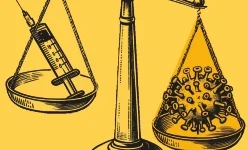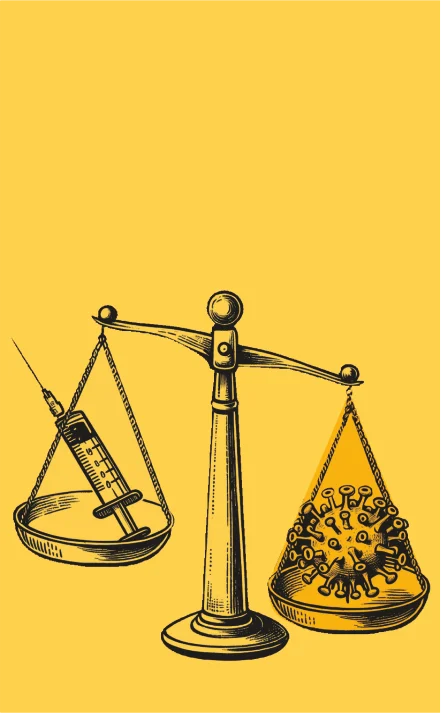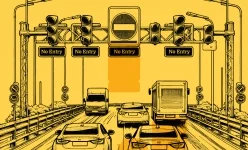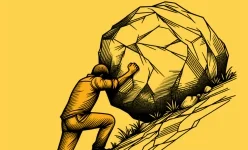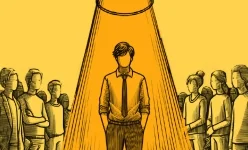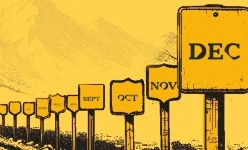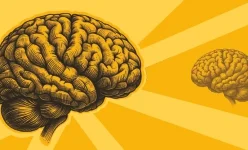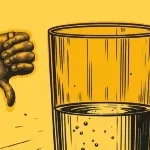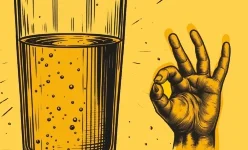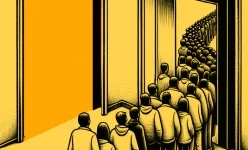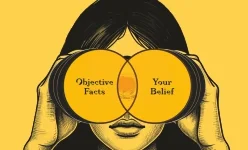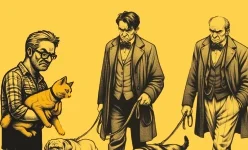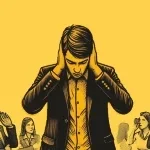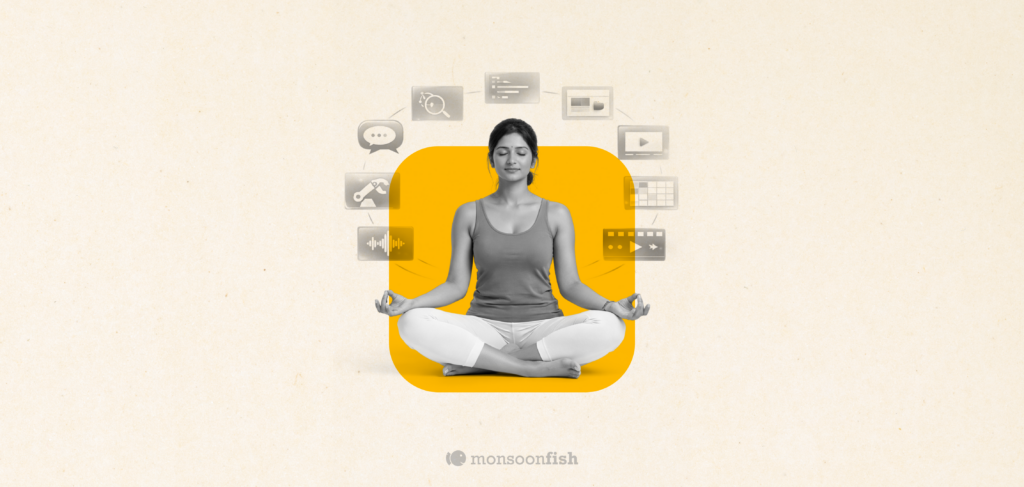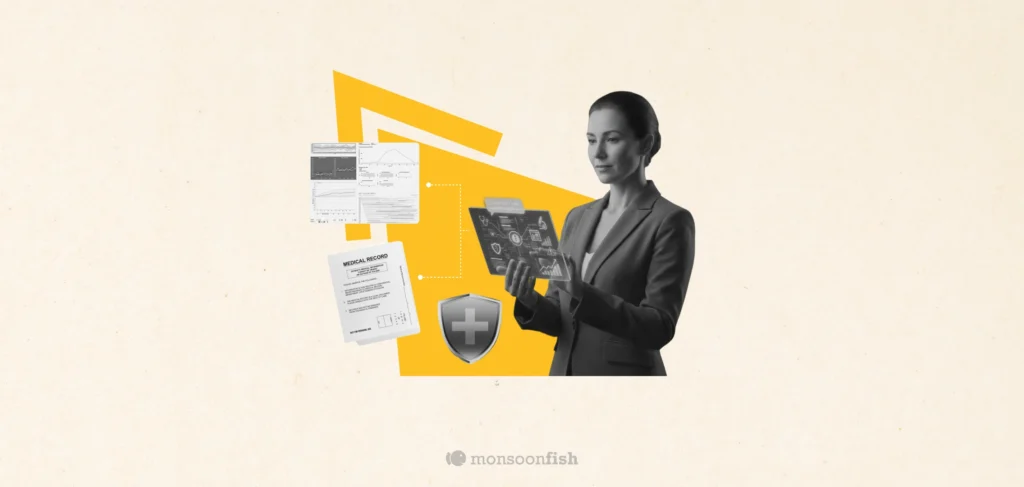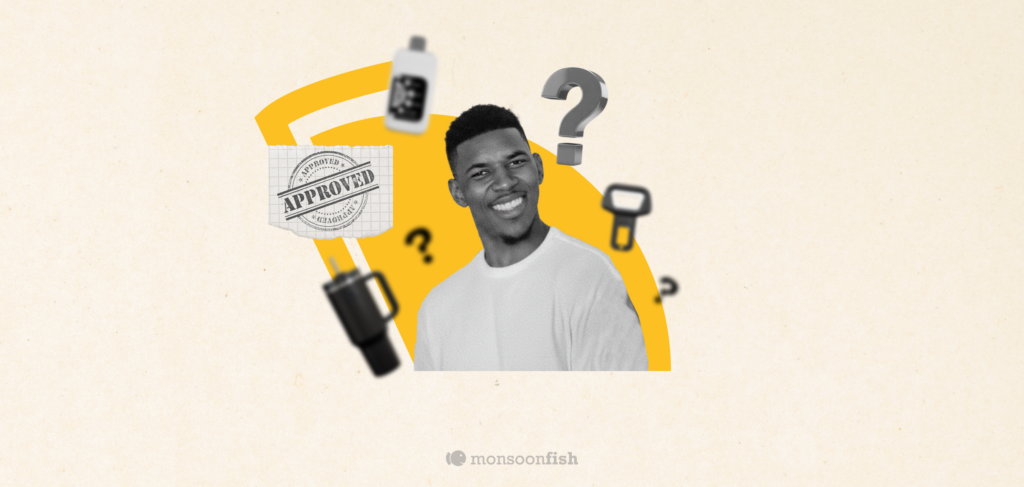Roohi needed to decide about her grandmother’s care. Her grandma had become increasingly frail, needing help with daily tasks. Roohi’s family was considering two options: hiring a home health aide or moving grandma into a nearby assisted living facility.
The home health aide would allow grandma to stay in her own home, which she dearly loved. However, this meant Roohi would be responsible for managing the aide, coordinating schedules, and handling any issues that arose. It felt overwhelming. What if the aide was unreliable? What if grandma’s needs became too much to handle at home?
The assisted living facility was clean and well-staffed. Grandma would have access to 24-hour care and social activities. But grandma was adamant about staying home. Moving her would likely upset her, even though it might ultimately be better for her health and well-being.
Roopi felt stuck. She worried constantly. What if Grandma fell at home while the aide wasn’t there? What if she became depressed in assisted living? She spent weeks agonizing over the decision, talking to family, researching online, but couldn’t bring herself to choose. She was so afraid of making the wrong choice, of the potential negative consequences of doing something, that she did nothing. Meanwhile, Grandma’s health continued to decline, and the family grew more concerned. Roohi’s inaction, fueled by her fear of being blamed for a bad outcome, demonstrates the omission bias, where we judge the harm of doing something as worse than the harm of doing nothing, even if doing nothing has worse consequences.
